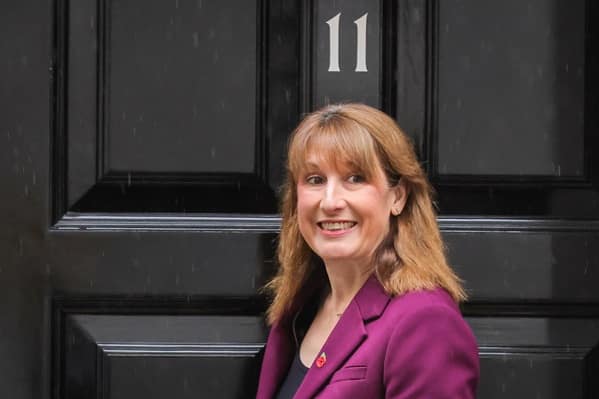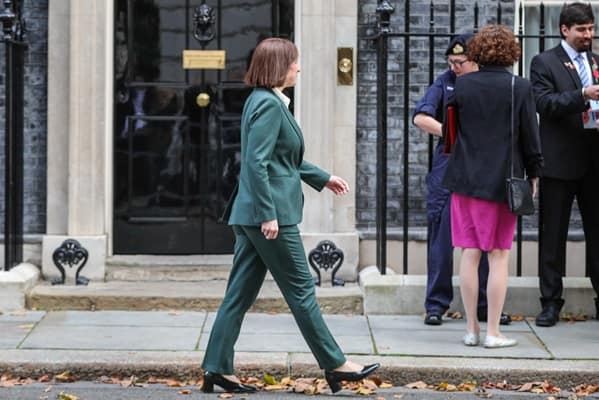The Chancellor could introduce a 3p per mile fee for electric vehicles (EVs) in the Autumn Budget on 26 November.
The AA has said this could be seen as “poll tax on wheels” and could be rolled out in 2028 after consultation, The Telegraph reported this could cost EV drivers an extra £250 per year.
Previous governments have declined to introduce the pay per mile as this could be political suicide amongst voters.
AA president Edmund King said, “Whilst we acknowledge the Treasury is losing fuel duty revenue as drivers go electric, the Government has to tread carefully unless their actions slow down the transition to EVs.
“The Zev mandate for 28% of new car sales to be zero emissions this year will not be met as sales are running at just 22%.
“We need to see the detail of this proposal to ascertain whether these new taxes will be equitable or a poll tax on wheels.”
In 1989 Margret Thatcher’s government introduced what was dubbed the poll tax, this led to mass violent protests across the country.
Ginny Buckley, chief executive of EV advice site Electrifying.com, said, “This is yet another example of mixed messaging from the Government.
“Drivers are being encouraged to go electric, then hit with the threat of new taxes – you can’t drive the EV transition with one foot on the accelerator and the other on the brake.
“This adds extra cost for EV drivers who can’t charge at home and already pay more per mile on public chargers than many petrol drivers.
“It also penalises those who switched in good faith, based on promised savings.”
Steve Gooding, director of motoring research charity the RAC Foundation, said, “The era of oil-powered motoring is coming to an end, and with it the end of the fuel duty cash-cow that has helped balance the Treasury books for so many years.
“If the Chancellor is tempted to go down the route of introducing a distance charge for EV drivers but still encourage EV take-up, then she needs to look at how to cut the cost of public charging for the millions of people who don’t have the option to charge their cars at home.”
Ian Plummer, chief commercial officer at online vehicle marketplace Autotrader, said, “We need more carrot and less stick if we’re serious about the electric transition.
“The Chancellor clearly needs to raise revenue but if she wants to encourage EV adoption, she should think extremely carefully before introducing pay-per-mile charging for EVs.
“Drivers respond to incentives, and anything that puts up running costs for electric vehicles will slow that momentum.”
A Government spokesperson said, “Fuel duty covers petrol and diesel, but there’s no equivalent for electric vehicles.
“We want a fairer system for all drivers whilst backing the transition to electric vehicles, which is why we have invested £4 billion in support, including grants to cut upfront costs by up to £3,750 per eligible vehicle.
“Just as it is right to seek a tax system that fairly funds roads, infrastructure and public services, we will look at further support measures to make owning electric vehicles more convenient and more affordable.”







